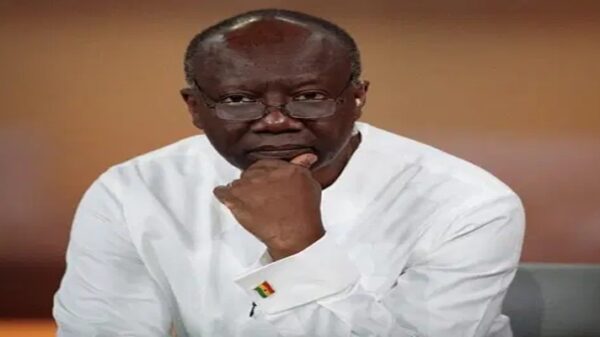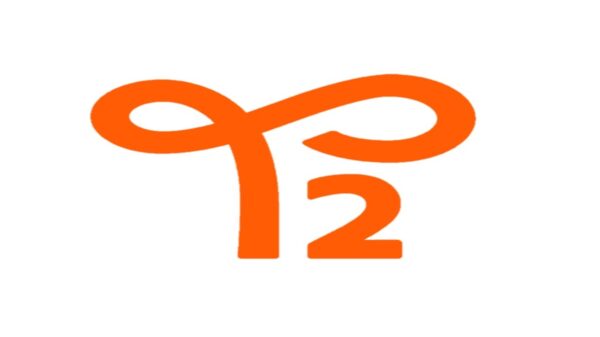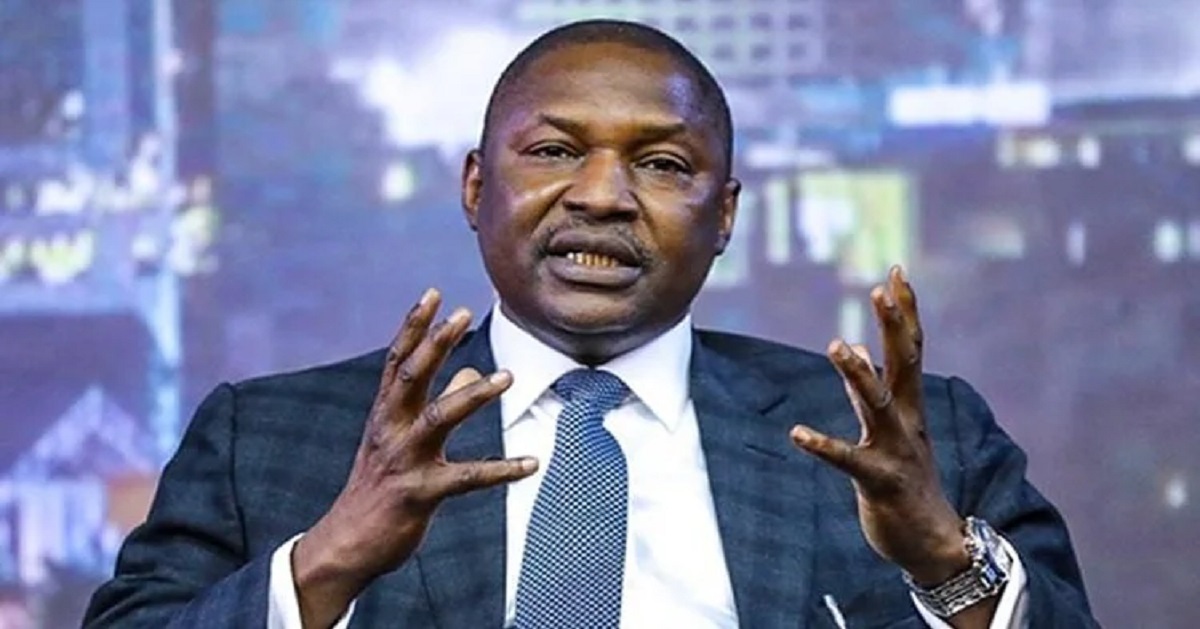By Lukman Otunuga, Senior Research Analyst at FXTM
If the Nigerian economy needs more proof that it is wise to diversify away from a heavy dependence on the Oil industry, the latest recession and threat to government revenues ought to do the job.
The country’s ongoing battle to reach healthy growth is under threat thanks to an unprecedented Oil price crash triggered by the coronavirus pandemic back in March 2020. Africa’s largest economy has sunk into its second recession within five years, shrinking by 3.6 percent in the third quarter versus a 6.1 percent contraction in the second quarter. Oil production fell to 1.67 million barrels per day (bpd) from 1.81 million bpd in the previous quarter. The ominous signs are reminiscent of the third quarter of 2016 when the economy contracted for over a year.
The biggest vulnerability is the outsized contribution that the Oil industry makes to the state coffers. In times of strong Oil prices, the industry accounts for around 90 percent of foreign exchange earnings and a handsome 50 percent of government revenues. The plunge in oil prices – which reached sub-zero levels in the wake of the pandemic – dragged on the economy’s recovery from the contraction in 2016.
Government coffers face the prospect of cash flow drying up and the accompanying, unwelcome consequences. These include the prospect of austerity measures, job and salary cuts in the state sector, a reduction in development projects and social protection subsidies along with a heavier reliance on bail-out funds from the IMF and other international lenders.
The IMF projects a 4.3 percent contraction in Nigeria’s GDP this year, the biggest drop in nearly four decades. For the man on the street, this means the threat of unemployment, inflation and soaring food prices. Already, more than half of Nigerians are unemployed in this dire economic scenario. On top of that, a Dollar shortage negatively impacts the private sector’s imports of raw materials and equipment.
Additional vulnerabilities are apparent in the banking sector, which had a N19.54 trillion credit exposure to the weakened real economy in the third quarter, up by N290.13 billion in comparison to the end of August. When added to the state sector’s woes, the results are the triple threats of sovereign debt defaults, bank credit defaults and the state’s reduced capacity to bail out the banking sector.
There’s a chance it’s not too late to avert the worst consequences. On the brighter side, earlier this year, the Central Bank of Nigeria (CBN) took some necessary steps to unify its exchange rates and devalued the Naira by 20 percent, satisfying the World Bank and IMF and opening the door to credit lifelines from international lenders.
Equally important, several international pharmaceutical companies are poised to release their COVID-19 vaccines as early as the end of 2020. While it will take several more months for the vaccinations to progress and short-term uncertainty is expected to prevail, the light at the end of the pandemic tunnel has finally appeared.
Nigeria’s first quarter 2021 outlook is likely to remain influenced by the same themes of pandemic pressures, suppressed Oil prices, shaky demand for Oil, and economic weaknesses. The country is expected to exit the recession by the end of Q1, according to Minister of Finance, Budget and National Planning, Hajiya Zainab Ahmed.
While these are promising signs, the major question is whether the 2021 state budget can revive Africa’s largest economy and get it back on track towards healthy growth. At N13.08 trillion, the budget is over 20 percent higher than the revised 2020 budget. Nigeria plans to borrow N5.2 trillion and the Finance Ministry takes the relatively bullish position that GDP will grow by three percent. Benchmark oil prices are seen at $40 per barrel and the Oil production estimate is 1.6 million bpd. Inflation is expected to close at 11.95 percent.
In closing, Nigeria’s short-term ability to defeat the recession by the end of Q1 depends on two key factors: how quickly the COVID-19 vaccination reaches the population and how fast demand for Oil rises. In the long term, the importance of diversification cannot be underestimated for the economy to be balanced and more resilient against shocks.
![]()




























































